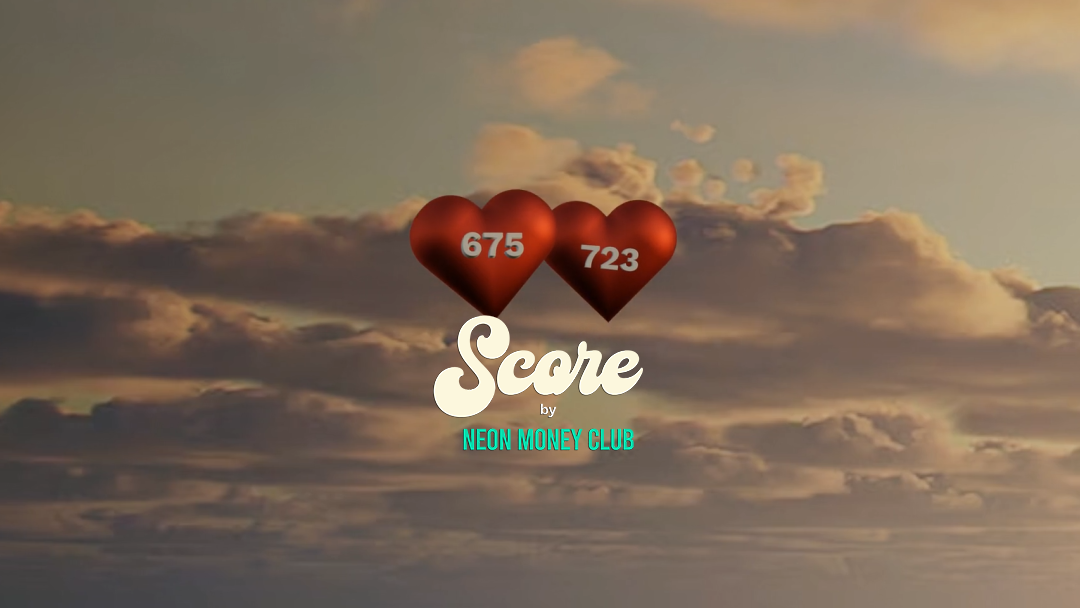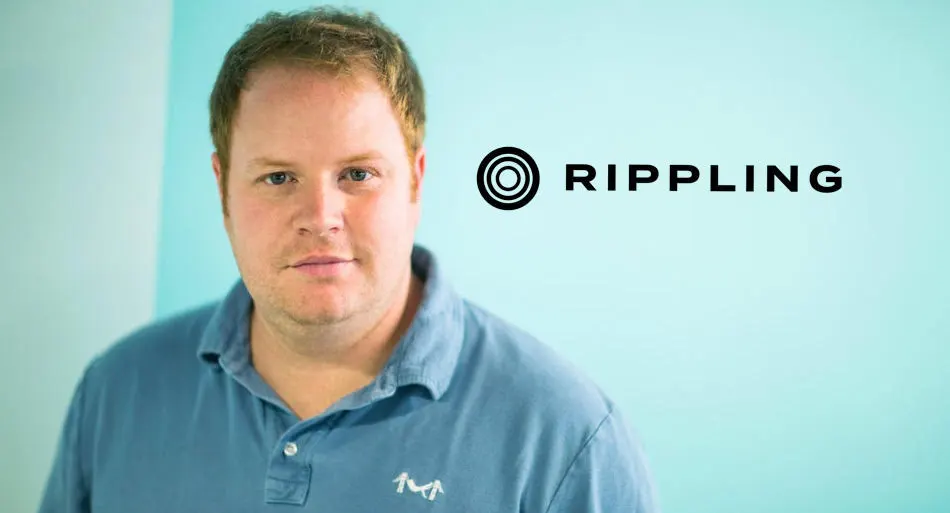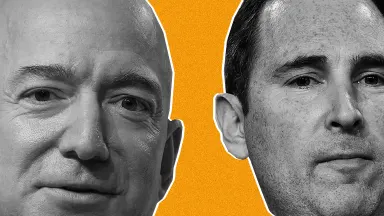The company confirmed to TechCrunch that Score, the dating app for individuals with decent to excellent credit, was discontinued in early August
As previously reported by TechCrunch, Score was intended to be a pop-up application that would operate for a maximum of 90 days. This occurred in February. However, it garnered such a high user interest that its parent company, Neon Money Club, elected to maintain its operation for six additional months.
The company informed TechCrunch that it acquired approximately 18,000 users, generated 8,000 connections, and acquired a wealth of information regarding the current dating landscape during this period.
Luke Bailey, co-founder of Neon Money Club, told TechCrunch that Score was launched to raise awareness of individuals’ credit health and initiate a more comprehensive dialogue regarding the subject. “Our objective was successfully achieved.” From the outset, we communicated to all parties that this was intended to be a transitory situation.

Bailey stated that “larger dating companies are occupied with the task of maintaining the relevance of dating apps” when questioned about the possibility of an acquisition.
“Score demonstrated that individuals desire lifestyle applications that serve a purpose beyond mere connectivity or exclusivity,” he stated. “We are delighted to allow one of the foremost figures in this field to acquire our knowledge and insights.” You may contact me by phone.
The score did acquire a substantial amount of data, which presents an intriguing depiction of the current dating landscape. (The company verified that it conducted a thorough background check on its banking compliance background and did not retain any sensitive information from users.)
The data indicates that millennial users had the highest credit scores of all categories and the largest gap in credit scores between genders: on average, millennial men had a score that was 11% higher than that of women. The company also stated that Generation Z may be narrowing the disparity, with men having credit scores approximately 3% higher than women. In contrast, the app’s gender disparity was the smallest among Gen X, at a mere 0.4%.
Bailey stated, “The most concerning data point we observed was the 11% credit score advantage that millennial men had over millennial women.” “It is a significant narrative that illustrates the significant impact of the exorbitant expenses associated with achieving this milestone on the most educated generation of women in history, including college tuition and student loans.”
It narrates the impact of this on their credit score. There is optimism that the subsequent generation will devise a solution to this issue, as evidenced by the reduced disparities among Gen Z. He expressed his desire for policymakers to conduct further research and identify strategies to address the economic gender inequality.
The app’s initial introduction in February sparked significant debate, with some individuals praising the concept and others labeling it classist. Bailey refuted the notion of classism at the time and again did so with the app’s closure announcement.
He stated that the app connected many individuals seeking to prioritize financial health, increased awareness of credit health, and connected individuals to educational resources to assist them in their credit journeys. He also claimed that anyone who called the app classist did not read the mission behind it.
Bailey stated, “The initial and most critical lesson they acquired was the one we intended: their credit score.”
In 2021, Neon Money Club was established to promote financial literacy. It was the first Black-owned technology company to establish a credit card partnership with American Express last year. Luke anticipates that the organization will not develop an additional dating application; however, he would not be astonished if it devised “another unconventional approach to emphasize the significance of financial wellness.”
That being said, Neon Money Club has several upcoming initiatives, including developing additional experiences focused on its AMEX card, its Time investing account, and a new wellness studio.
Bailey stated, “We are in the process of creating compelling content that we believe will have a significant impact in the financial sector and beyond, in our unique style.” Stay tuned.



